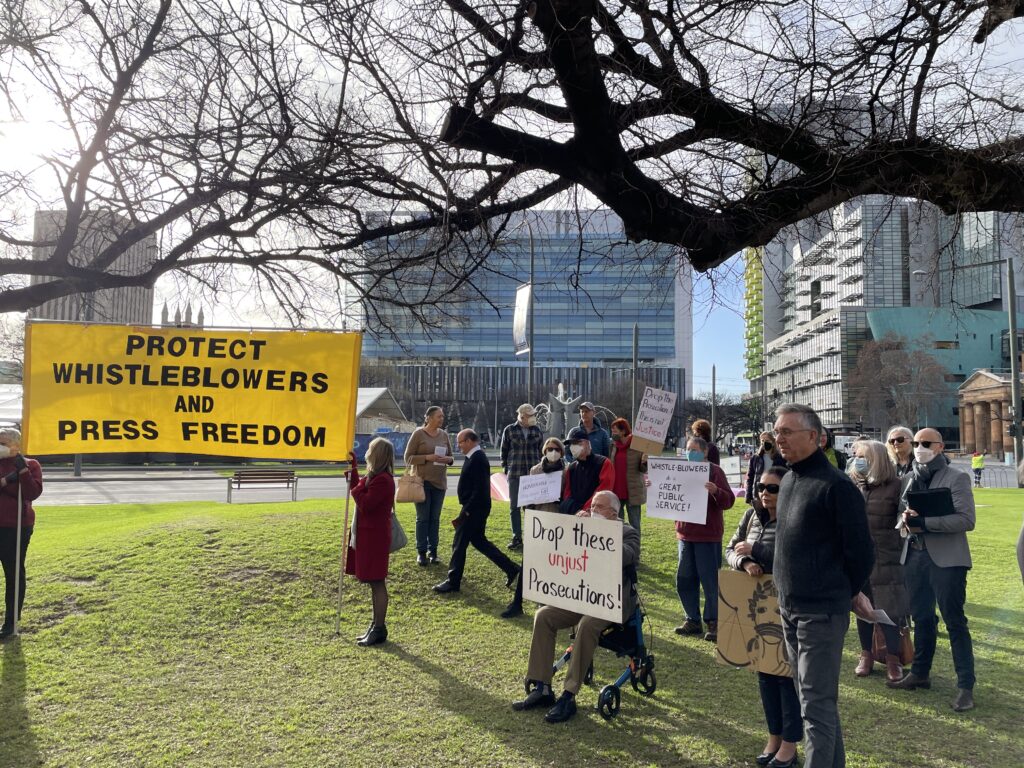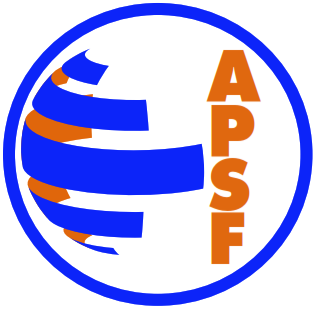Kathryn Kelly, 10 September 2024
In critically examining our democracy, it is incumbent on us to examine Australia’s colonial settler history and to learn from First Australians and their democratic practices and lore which facilitated their survival for over 60,000 years on this land.
Australia and the world currently face enormous environmental, peace and human security challenges. Democracy is necessary for security within Australia and also in order to play a positive role for peace internationally. We must ensure that our humanity and system of governance are strong enough to face these challenges and that we do not fall into the military and repressive traps that impinge on our sovereignty and threaten our democracy.
The military trap arises from the increasing loss of sovereignty that is occurring through our military dependence on the US and the ‘interchangeability’ between US and Australian forces (as stated by Defence Minister Marles). The Force Posture Agreement for stationing US forces in the Northern Territory, the agreement for the Joint Intelligence Facility at Pine Gap, and that for AUKUS, all provide the US with military bases on Australian soil and activities which negate our sovereignty.
It is arguable that our non-compliance with international law regarding Israel is likely a result of US influence. The non-compliance is evident with the failure to:
- cancel the $917 million contract with Israeli arms company, Elbit systems, and stop the Future Fund investing in that company
- clearly condemn the killing, injuring, dislocation and starvation of hundreds of thousands, if not millions, of Palestinians in Gaza and the West bank
- clearly condemn Israeli apartheid and the torture of Palestinian prisoners
- prevent Australians from going to fight for the Israeli army
- prevent supply of military parts, such as for F35 fighter jets, being provided to Israel
- stop intelligence on Gaza or the West Bank going to the US, which is then transferred to Israel.
This failure to respect international law and to act humanely is disappointing a huge number of Australians, including the Jewish Council of Australia. It is a stain on our country.
The lack of support for the UN Treaty to Prohibit Nuclear Weapons could also be a result of our loss of sovereignty and the influence of the US, as well as a misplaced trust in nuclear deterrence instead of in peacebuilding.
The repression trap arises from the government’s attempts to stop environmental and peace protesters from expressing their opposition to the lack of urgent action on climate disruption and the approval of new coal and gas projects, as well as opposition to our increasing military entanglement with the US. There have also been repressive actions against students protesting Israeli actions in Gaza. The right to protest peacefully is fundamental to our democracy.
Our diplomatic staff and resources have suffered significant funding cut backs in recent years, with a slight turn around last year. Much greater resources need to be directed to enhancing diplomacy and peacebuilding initiatives, so that we can make a positive contribution to a more peaceful world. Although we will have a seat on the UN Peacebuilding Commission from 2025, it remains unclear how Australia will contribute positively to that body.
With these risks in mind, we must make sure that our democracy is strengthened and human rights of our citizens are protected, by legislation and institutions. This affects all aspects of our daily lives and our international actions.
Strengthening democracy
There are many democracies and all are not the same. Having a vote alone is an insufficient prerequisite for democracy. The Merriam-Webster defines democracy as government in which the supreme power is vested in the people and exercised by them directly or indirectly through a system of representation involving regular free elections.
There aren’t many, if any countries, where supreme or state power is vested in the people except in a very indirect ‘minimalist’ way. In the majority of ‘democracies’, people have very little power and rulers are elected through various voting systems to be the people’s representatives through elections. But democracy must involve much more than just voting in an election.
There are various global democracy rankings which generally rank Iceland and the Scandinavian countries as the strongest democracies, followed by some western European countries and Australia, Canada and New Zealand. It is likely that Australia’s ranking may have dropped over recent years, given the political appointments that were made to crucial institutions, such as the Administrative Appeals Tribunal and many other organisations.
As well as ensuring the voting system is the most democratic possible, there must be institutions and laws which protect peoples’ civil liberties and human rights, and which ensure people’s equality before the law.
The judiciary must be independent from the government and the legal system must be accessible and fair to citizens. Programs to reduce the incarceration of the disproportionate numbers of indigenous people must be implemented and resources provided to strengthen communities and reduce recidivism. This is particularly required given the history of oppression and discrimination of First Australians since European colonisation.
There must be anti-corruption laws and institutions, environmental protection and fair taxation and electoral laws and agencies, media laws preventing concentration of the media and ensuring standards are upheld, bodies which ensure that no one section of the population has undue influence, as well as laws ensuring transparency of government and their agencies and officials. Laws are required to safeguard our physical, political and social lives.
Institutions and agencies
Institutions or agencies are required to administer the legislation for the above, including a Human Rights Commission, a strong anti-corruption commission with public hearings, an independent well-resourced audit agency and electoral commission, an independent environment protection agency, a tax office which includes focusing on tax evasion by major corporations, an agency to regulate standards and concentration of media ownership. These are just some of the many institutions crucial for protecting our democracy.
The Electoral Commission oversees the compulsory voting system for both houses and it should be resourced to ensure the integrity of the voting system and to avoid cyber or artificial intelligence (AI) attacks on it. In this age of social media and AI, disinformation is a real danger to democracy and much greater efforts need to be made to combat it.
Political donations should be regulated to ensure that corporations do not have influence on government policies.
Our media corporations have become increasingly concentrated and we have no body to regulate truth in the media or in political advertising. Our Freedom of Information laws are being virtually ignored, whistleblower protections are largely ineffective and our taxation system allows many multinational companies to pay little or no tax.

Support for non-government organisations
A strong democracy should support non-government advocates and service providers. These include legal aid services, environment advocacy and protection services and a diverse range of other NGOs, such as the Climate Council, the Centre for Public Integrity, the Human Rights Law Centre, the Refugee support groups, the Australian Council of Social Services, and a multiplicity of other groups which enrich and support our communities.
Innovative democratic initiatives
Properly resourced, designed and implemented, democratic decision making processes, such as citizen juries and assemblies, should be used as an adjunct to policy, resource and parliamentary decision making. This includes both domestic and foreign policies.
Switzerland has many democratic practices that we could learn from, including the citizen initiated referendums to appeal unpopular legislation or government decisions.
There is much that needs to be done to strengthen our institutions and systems of democracy in order to ensure peace and human security for all people living in Australia.
This all takes significant resources, but it would be a start to get fair recompense for our natural resources and cancel the $368 billion allocated to the AUKUS submarines.
10 September 2024
